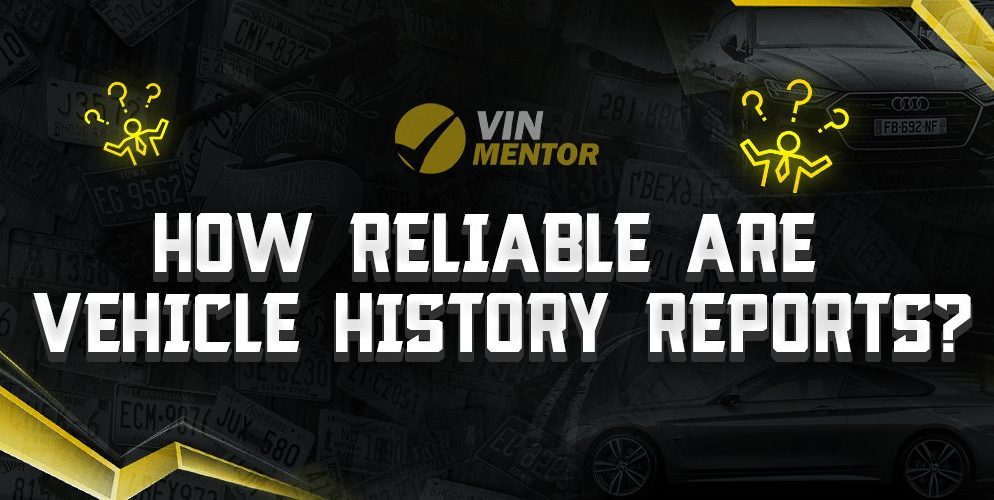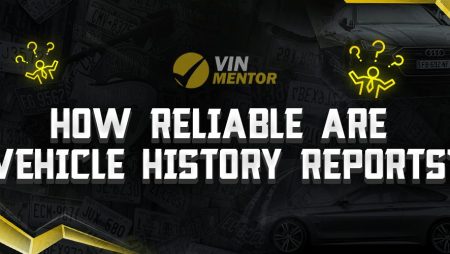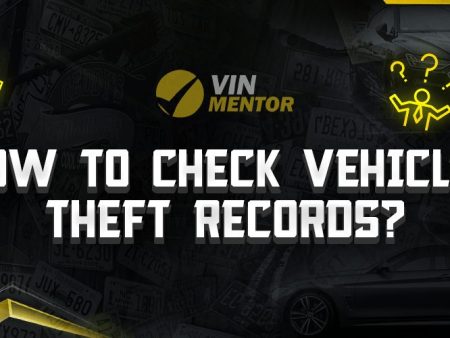

When purchasing a used car, it’s important to gather as much information as possible about the vehicle’s history. One popular tool for doing so is a Vehicle History Report. These reports compile information about a car’s ownership, accident history, and other important details. But how reliable are Vehicle History Reports, and can you trust the information they provide?
In this article, we’ll take a closer look at Vehicle History Reports and their reliability. We’ll examine what information these reports typically include, how they’re compiled, and the factors that can affect their accuracy. By the end of this article, you’ll have a better understanding of what to expect from a Vehicle History Report and how to use the information it provides to make an informed buying decision.
Key Takeaways
- Vehicle History Reports provide valuable information about a car’s past, including ownership, accident history, and other important details.
- These reports are compiled using data from a variety of sources, including government agencies, insurance companies, and auto dealerships.
- While Vehicle History Reports can be a valuable tool, they’re not 100% accurate, and there are factors that can affect their reliability.
- To get the most accurate picture of a car’s history, it’s important to review multiple sources of information, including the Vehicle History Report, service records, and a pre-purchase inspection.
- Ultimately, it’s up to the buyer to weigh the information provided by the Vehicle History Report and make an informed decision about whether to purchase the car.
Can the reliability of Vehicle History Reports be trusted?
Vehicle History Reports are compiled using a variety of sources, including government agencies, insurance companies, and auto dealerships. These reports can provide valuable information about a car’s past, including ownership, accident history, and other important details. However, while Vehicle History Reports can be a valuable tool, they’re not 100% accurate, and there are several factors that can affect their reliability.
- One factor that can affect the accuracy of a Vehicle History Report is incomplete or inaccurate data. While the information included in these reports is generally reliable, there may be cases where important information is missing or incorrect. For example, if an accident was not reported to the authorities, it may not show up in the report. Similarly, if a repair was made without going through insurance, there may be no record of it.
- Another factor that can affect the reliability of a Vehicle History Report is fraud. Unfortunately, there are cases where unscrupulous sellers will tamper with a car’s history to hide its true condition. This can include rolling back the odometer, falsifying service records, or even changing the VIN. While these practices are illegal, they can be difficult to detect without a thorough inspection.
Finally, it’s important to remember that a Vehicle History Report is just one source of information about a car’s past. While it can provide valuable information, it’s not a substitute for a pre-purchase inspection or a review of the car’s service records. By reviewing multiple sources of information, you can get a more complete picture of the car’s history and make a more informed buying decision.
Conclusion
Vehicle History Reports can be a valuable tool when purchasing a used car. In order to get it, you can choose from the list of our recommended Vehicle History Reports Providers. These reports compile information about a car’s ownership, accident history, and other important details, giving buyers a better understanding of the car’s past. However, it’s important to remember that these reports are not 100% accurate and should be used in conjunction with other sources of information, including service records and a pre-purchase inspection. By taking a thorough approach to researching a car’s history, you can make an informed decision about whether to buy the car and avoid any surprises down the road.
FAQ
Can I rely solely on a vehicle history report when purchasing a used car?
While a vehicle history report can provide valuable information about a car’s past, it’s not a substitute for a pre-purchase inspection or a review of the car’s service records. It’s important to review multiple sources of information to get the most accurate picture of a car’s history.
What information is typically included in a vehicle history report?
Vehicle history reports typically include information about a car’s ownership history, accident history, and other important details such as title transfers, service records, and reported thefts.
How are vehicle history reports compiled?
Vehicle history reports are compiled using data from a variety of sources, including government agencies, insurance companies, and auto dealerships.
How reliable are vehicle history reports?
While vehicle history reports can be a valuable tool, they’re not 100% accurate, and there are factors that can affect their reliability, such as incomplete or inaccurate data, fraud, or tampering with the car’s history.
Can I trust a vehicle history report from any provider?
It’s important to choose a reputable vehicle history report provider that sources its data from reliable sources. Do your research and check reviews and ratings of different providers to ensure that you’re getting a reliable report.












